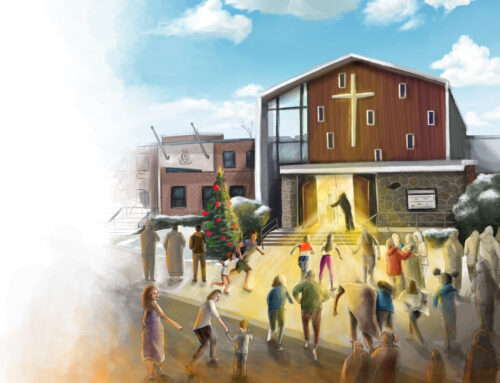Food pantries adjust to inflation
by Robert Mitchell

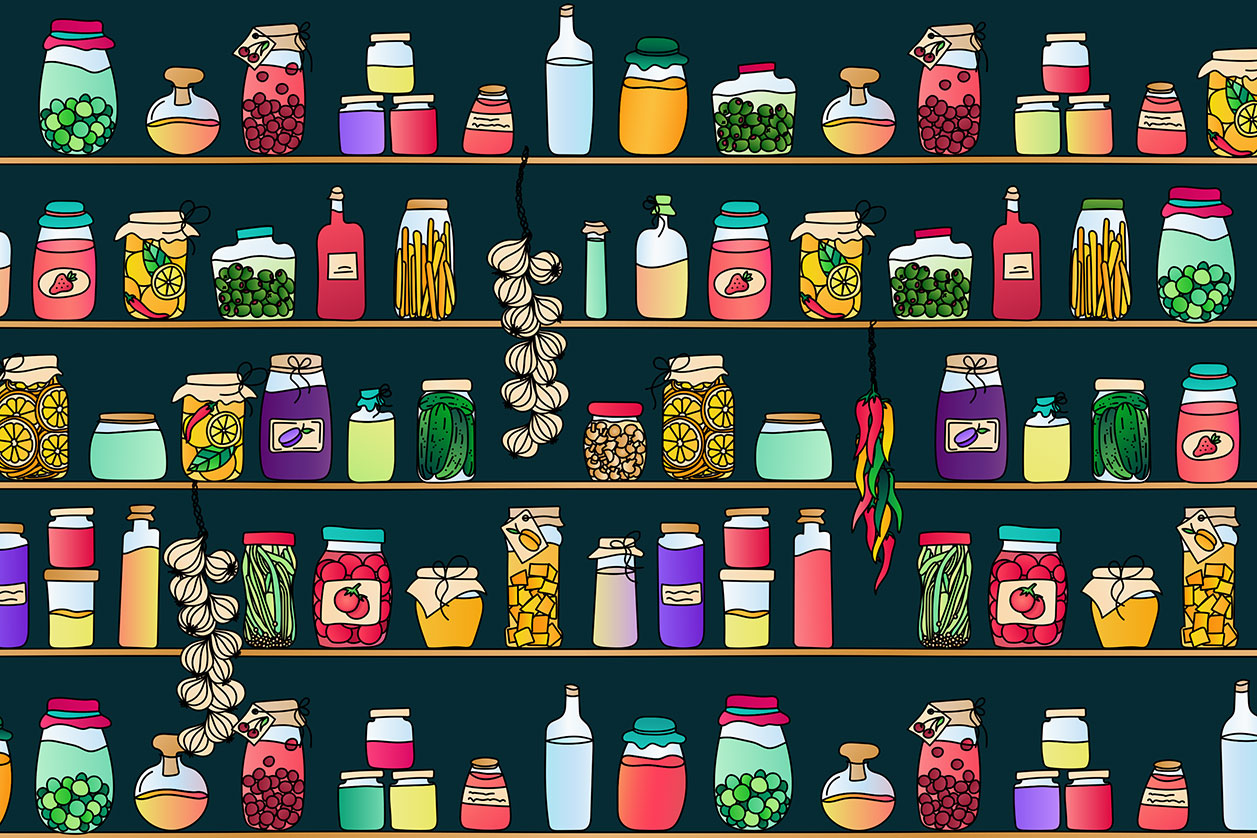
“Mei,” an elderly woman living in Swampscott, Mass., recently dragged her small cart more than 4 miles to The Salvation Army in Lynn, just to get some meat from the food pantry. Inflation has driven up the cost of meat and other goods in local stores, and desperate times call for desperate measures.
“She got some for her neighbors too,” said Captain Helen Johnson, the Salvation Army co-pastor in Lynn. “A lot of our clients double up and get meat for their neighbors and other seniors.”
Inflation recently hit a 40-year high in the U.S., which caused consumers to experience sticker shock at grocery stores and gas stations. Rent and electric bills have also skyrocketed. The latest data from the U.S. Bureau of Labor Statistics show consumer prices are up 8.5 percent from a year ago.
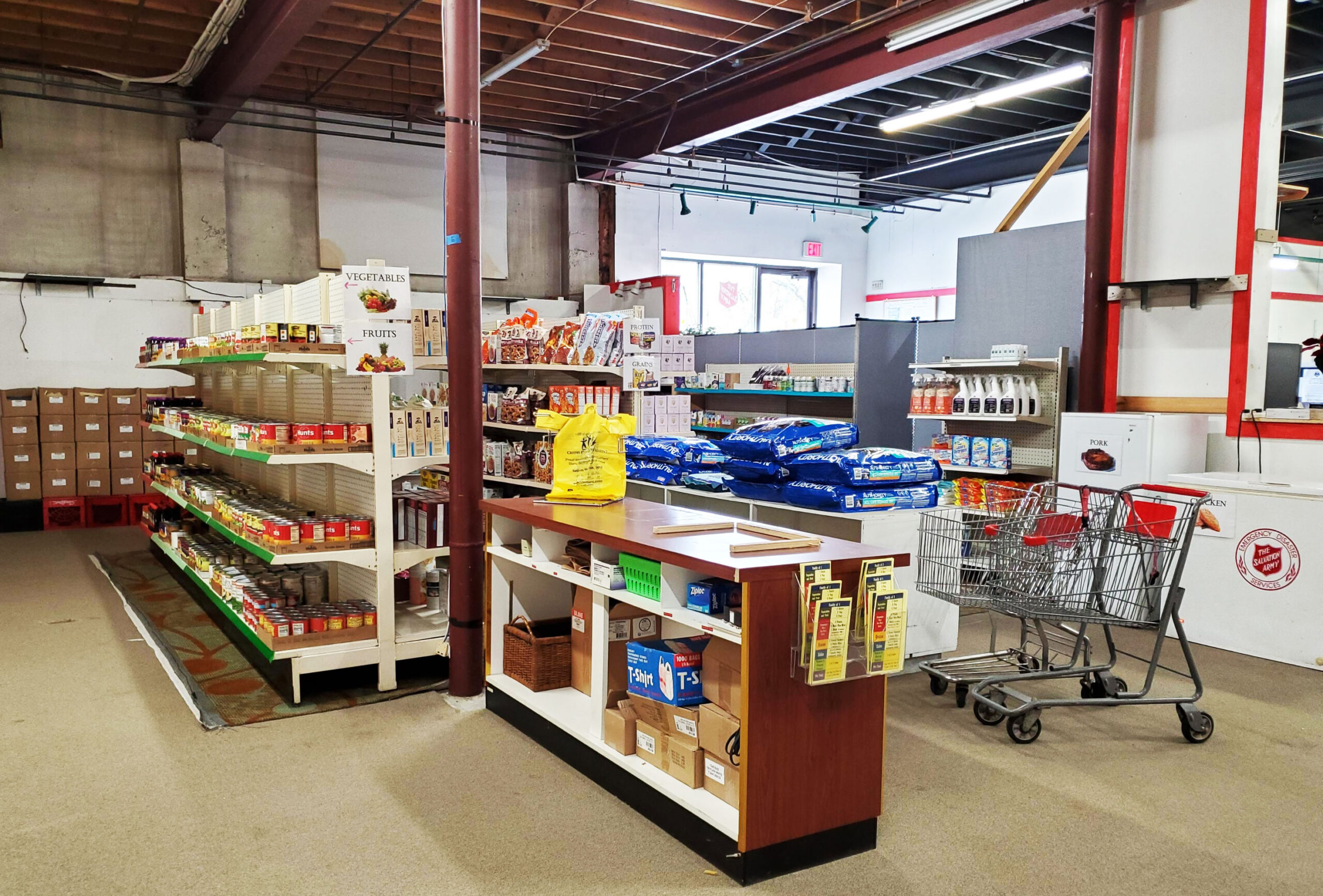
The price hikes have had a profound effect on food pantries across the United States, including those operated by The Salvation Army.
“We never slowed down from the pandemic,” Johnson said. “We’re seeing more people come for the first time, along with our regular people from the pandemic. It’s just been steady.”
Johnson’s husband, Captain Kevin Johnson, said the food pantry in Lynn served 3,126 people and 1,332 families in March. That included 181 new families that came in for such staples as meat, vegetables, milk, juice, cheese, dry goods, rice, pasta, cereal, canned goods, and more.
“We get a lot of new families partly because the meats we give out have doubled in price in the stores,” Captain Helen said.
Triple the need
Captain Helen said that many people who live in poverty either take a bus or walk to The Salvation Army. The area around the church lacks quality grocery stores, which quickly run out of the cheapest meats.
“People end up coming here to see what we have,” she said. “There’s just not access to those other stores where you can get discounts.”
Lynn has seen supply-chain issues with some food products, most notably fruits.
Inflation is also upsetting food pantries in more rural areas such as The Salvation Army Service Center in Rutland, Vt.
“We have seen triple the amount of people coming in for food assistance,” said Pamela Downs, the center’s director. “We’re seeing numbers similar to what we saw at Christmas time.”
Downs said the center used to get 50 people a month for its food pantry, but that number is now 150. In fact, all three food pantries in town have seen similar increases.
“I think they’ve all tripled,” she said. “It’s having to do with the cost of food. People have to decide between purchasing groceries and keeping the lights on. It’s a drastic increase. They can’t afford to go to the grocery store anymore and buy food so they’re having to seek alternatives.”
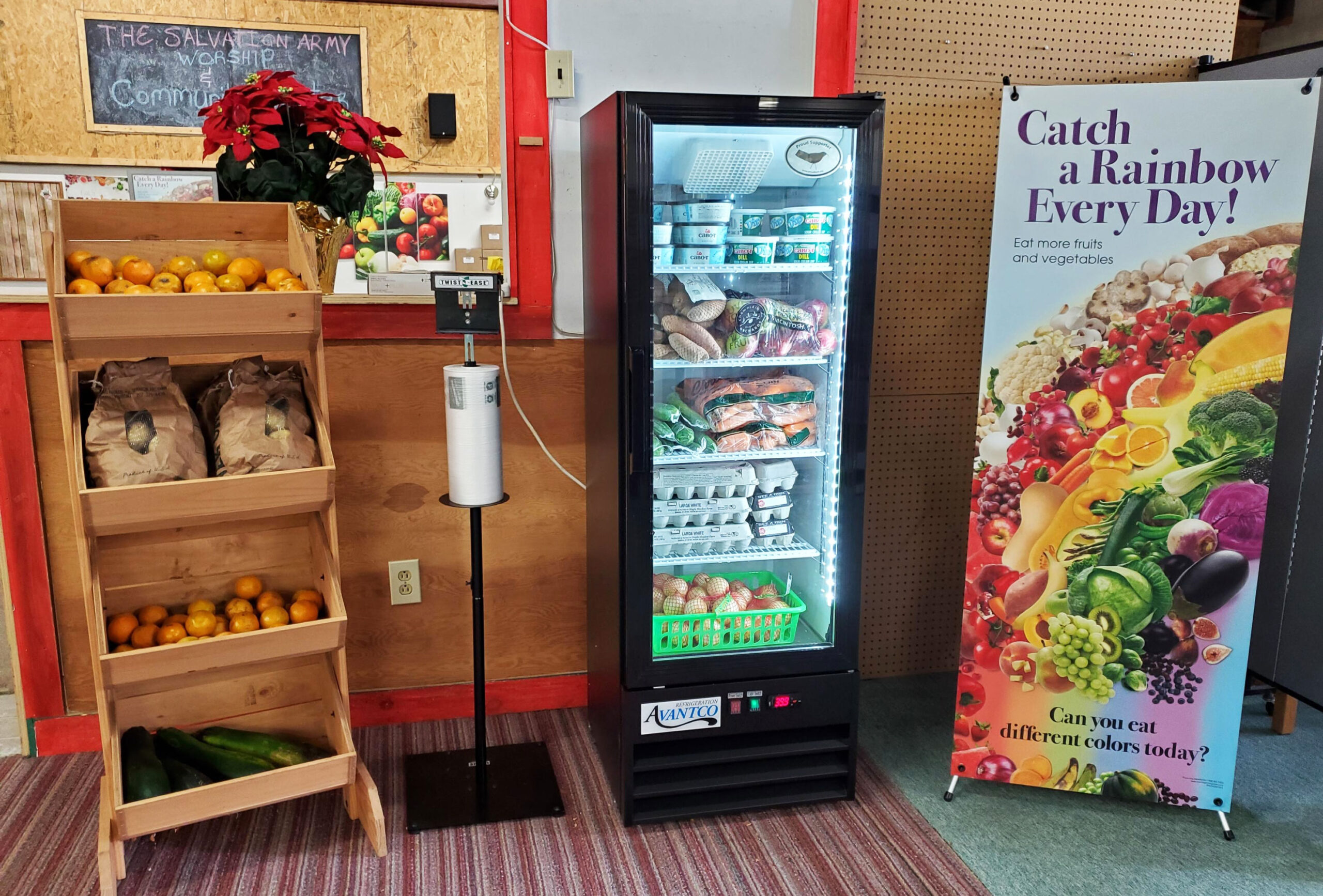
A recent grant helped the center buy a new refrigerator for fresh fruits, vegetables, and eggs. Besides food staples, the center offers cleaning supplies, soap, sanitary wipes, feminine products—and even dog and cat food.
“We’re finding that the community here is struggling to even be able to provide for their animals because the prices on cat food and dog food have gone up,” Downs said. “Prices have gone up on everything. We’re trying to help them so they can pay their electric bill, their rent, and their car payment. We’re doing what we can here.”
COVID–19 lingers
The situation is similar in tiny Bucyrus, Ohio, where The Salvation Army reports a food pantry increase of 25-30 percent and several new clients.
“It’s really evident that inflation has ramped up our food pantry appointments in just the last month or so,” says Melvina Dowell, the assistant social services coordinator. “Our participants have voiced those concerns. It’s just getting harder and harder for them to get by.”
Dowell said The Salvation Army is also trying to help people by providing toilet paper, hand soap, hand sanitizer, laundry soap, shampoo, conditioner, fabric softener, and personal care items, thanks to the regional food bank.
The Salvation Army in Bucyrus offers a community meal every Wednesday, Dowell said.
“We served about 25 people this week—more than we have since COVID started,” she said.
Lieutenant Clifford Douglas, who pastors a Salvation Army church in the Bushwick section of Brooklyn, agreed with other officers that the COVID-19 hangover is an issue. The numbers of people at his food pantry increased by 200 from February to March and served 547.
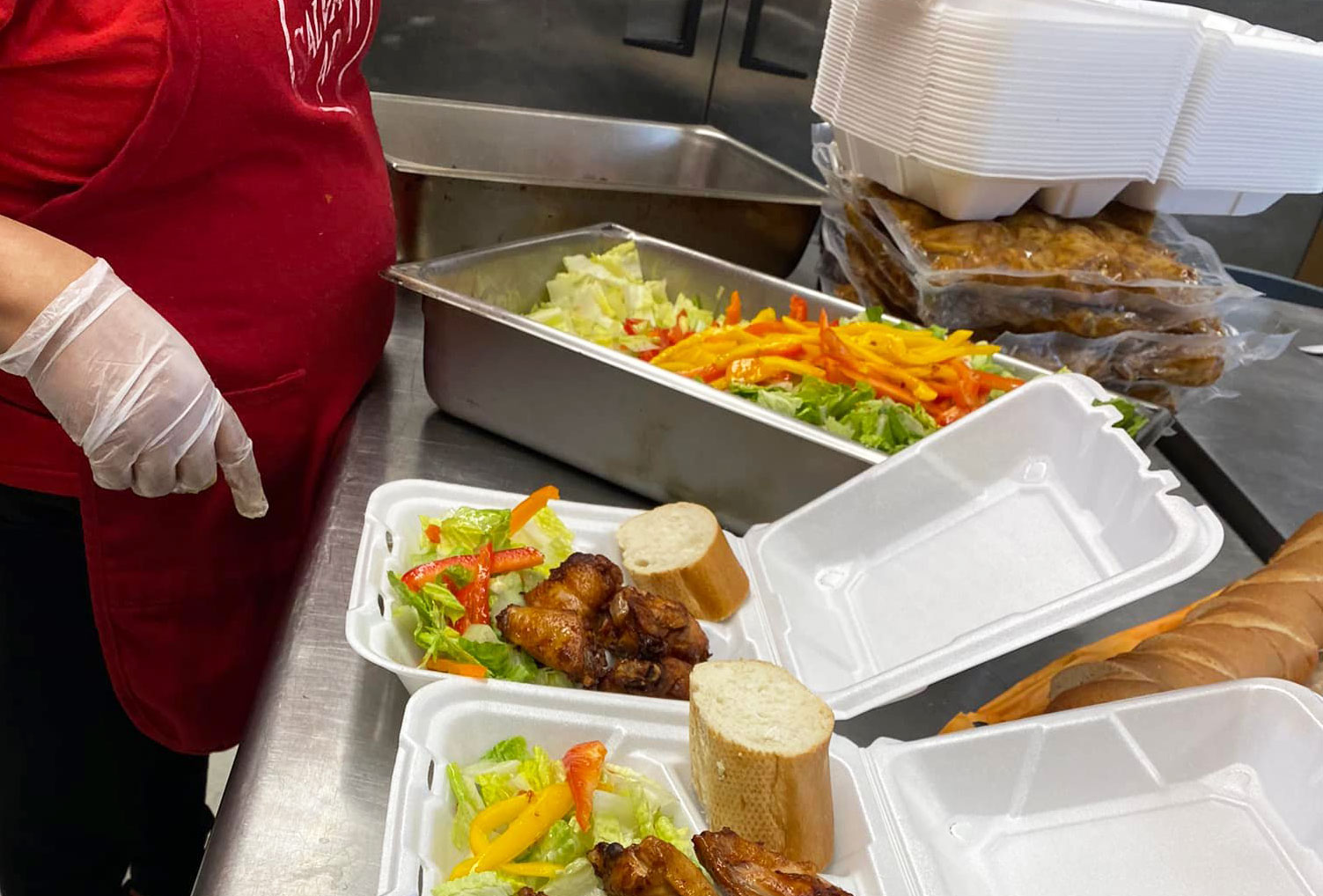
“It’s high food prices and people are still recovering from COVID,” he said. “Some people are still looking for jobs and trying to make ends meet. Things are still tough, even for people who are working.”
The church’s soup kitchen recently reopened after closing last July. Douglas said the church had trouble finding a cook to hire.
In Kingston, N.Y., Lieutenant Alex Vargas said the food pantry has seen a slight increase of 10 new families a month, but the lunch program has jumped from 40-50 a day to 60-70.
“Some of them have lost their jobs or had their hours cut at their jobs,” he said. “Some people, after they pay the rent, don’t have enough to buy groceries.
Open to the Gospel
Major David Means Sr., who pastors a Salvation Army church in Butler, Pa., said the lunch program has increased from 40-60 to about 60-80 people a day, but the food pantry has seen a slight decline that he can’t explain.
“It’s mostly our boxes for seniors. Whether they can’t get out or don’t want to come out, we’re not sure.”
While meeting people’s temporal needs, Salvation Army officers and officials say they’ve responded to some first-time visitors who have asked for prayer and have been largely open to hearing the gospel message and words of encouragement.
“They’re comfortable talking to us about some of their spiritual needs,” Dowell said of the folks coming in Bucyrus, Ohio. “We have had prayer with a couple that we helped. We’ve also had prayer with some of the homeless people.”
In Lynn, Mass., Johnson said she has developed relationships with some of the clients, who have come to church. Others have served as volunteers themselves after seeing the need.
“They’re surprised by the level of poverty,” Johnson said. “Sometimes it just melts your heart.”
Downs said the Salvation Army Service Center in Rutland, Vt., recently started offering Sunday services and Bible studies. During Holy Week, when one woman noticed a painting of Jesus stomping the head of the serpent, Downs was able to share verses from Genesis chapter 3 about the Messiah’s defeat of Satan.
“They don’t just come in and get fed physically, but they get fed spiritually too,” she said. “I have the opportunity to talk to many of them and invite them to the programs we offer. Many are elderly and lonely, and we’ve had some great conversations.”
Douglas said Rick Boone, a retired Salvation Army officer, now serves with him in Brooklyn as a caseworker and engages spiritually with many of the clients.
“He prays with people, gives them hope, and reminds them that we’re here for the community and that things are going to get better,” Douglas said.




